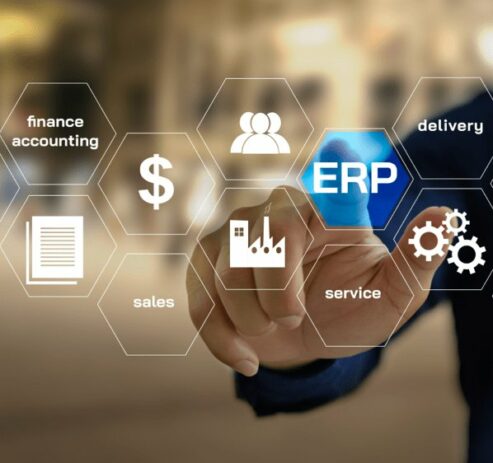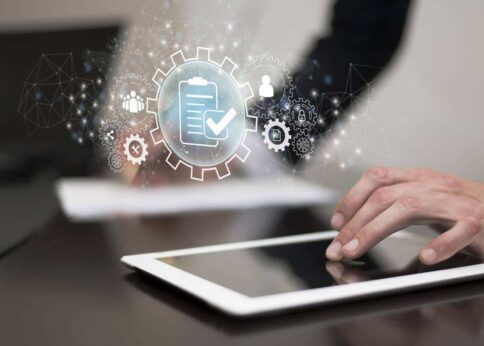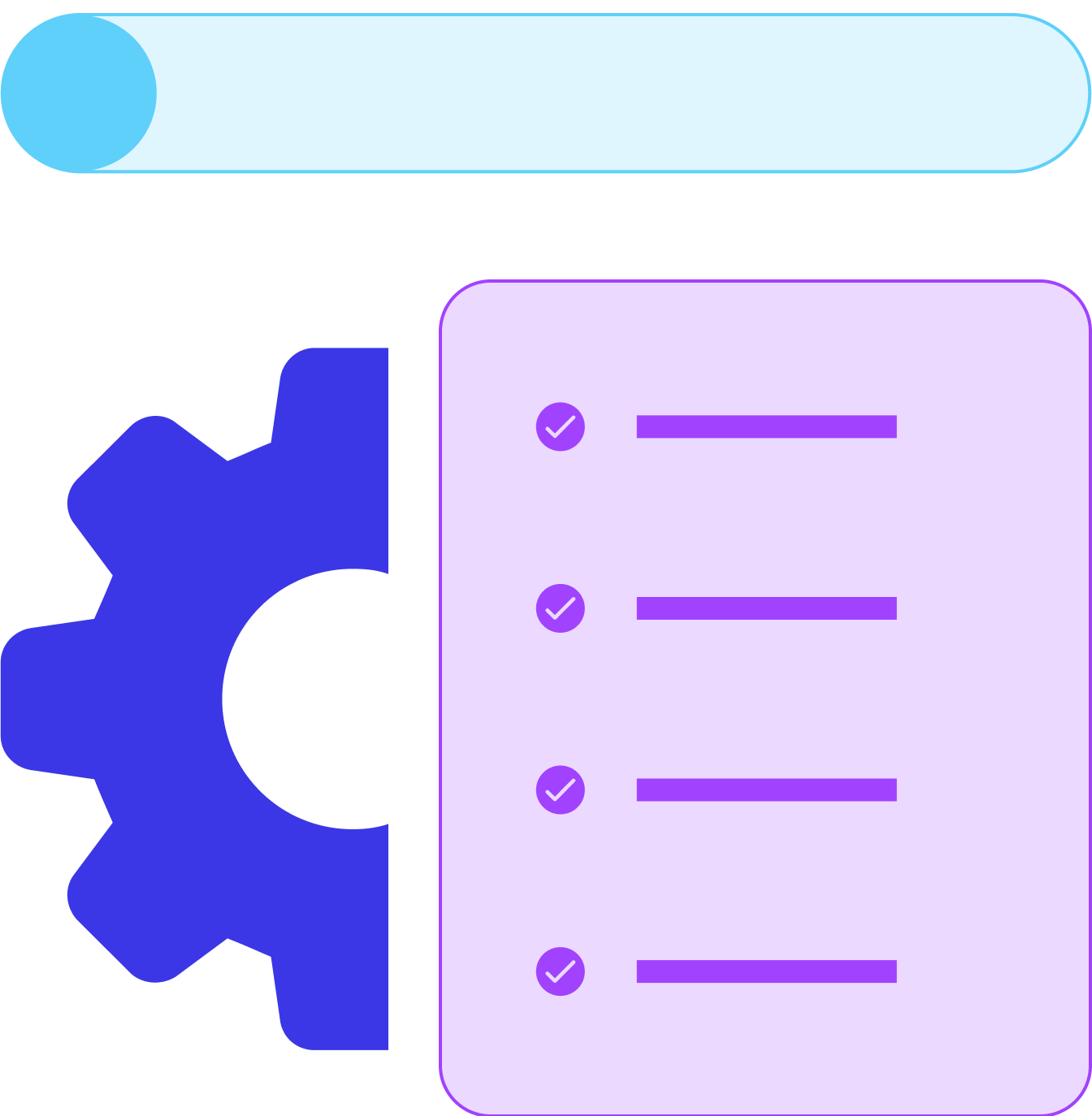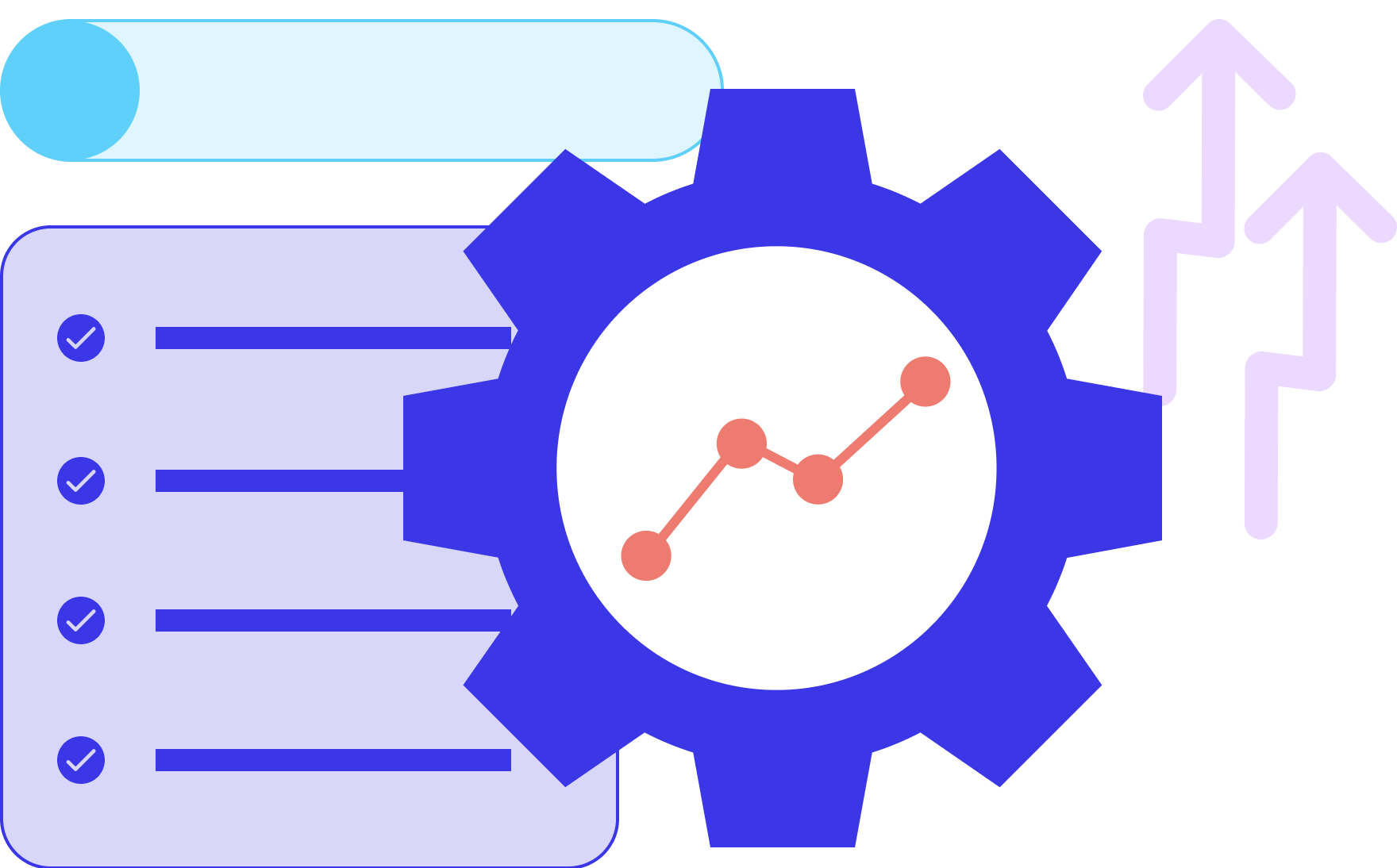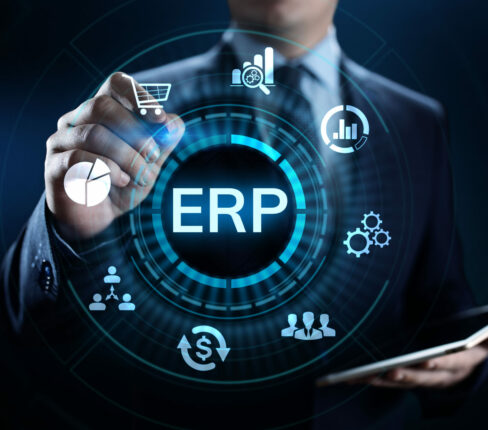With an ERP system, organizations can streamline their financials by centralizing all financial data into a single database. This enables greater visibility into financial performance and provides a comprehensive view of the organization's financial health.
Manage orders & inventory
Effective order and inventory management is key to the success of any business, regardless of size. With ERP software, businesses can track their orders from start to finish, track their inventory levels in real-time, track their shipments, monitor delivery times, and update customers on the status of their orders. ERP systems come equipped with detailed reports and analytics, including information on sales trends, inventory levels, and even what products are most profitable.
Manage sales & customer relations
With an ERP solution, businesses can create a centralized database of all customer data, including contact information, order history, account information, and other relevant details. This database can then be accessed by any authorized user, allowing for easier collaboration among teams.
Manufacturing companies that implement ERP systems can track their inventory levels in real-time to prevent production disruptions due to material shortages and reduce the costs associated with overstocking inventory. Additionally, ERP systems can generate reports that provide insight into production, helping stakeholders make data-driven decisions and adjust their operations to meet customer demand.
An ERP system provides HR with a comprehensive view of all employee data, including job responsibilities, performance evaluations, and compensation information. Additionally, an ERP system can help ensure compliance with labor laws and regulations by tracking employee hours, managing leave requests, and maintaining accurate payroll records.
government/banking compliance.
ERP systems can help organizations streamline and automate their procurement processes, from identifying the need for a product or service to receiving and paying for it. In addition, an ERP system can uncover hidden insights by providing real-time information on purchasing trends, supplier performance, and inventory levels. This data can help procurement teams identify opportunities for cost savings, reduce risks and increase operational efficiency.
ERP systems integrate all the business processes, departments, and applications of an organization, creating a single data repository that can be accessed by authorized users, giving businesses more visibility of their data, enabling them to make informed decisions about their processes, products, and services. Having all data in one place, organizations can generate fast and accurate reports for any given department, from finance, sales, and marketing to production, procurement, and inventory.
Manage supply chain and logistics
ERP systems help to manage the end-to-end supply chain, from raw material procurement to product delivery. ERP systems can also provide detailed analytics and reporting enabling companies to identify bottlenecks and inefficiencies in their supply chain and logistics processes in order to make data-driven decisions to improve their operations.
E-commerce integration with ERP provides companies with a comprehensive platform to manage their retail operations. Businesses with online sales channels can integrate their e-commerce platforms with ERP to get real-time updates on inventory, pricing, and order status, providing a seamless shopping experience for customers.
